About US
Network of Excellence in Advanced ICT for Tropical Medicine
We target to build a community and training repository around the topic of using advanced ICT for various problems and applications in Tropical Medicine.
The Vision
Use Advanced Information Technology to strengthen and link key points in the system of vectorborne disease detection and response
Surveillance

Prediction & Risk
Modeling

Clinical Decision
Support

Disease Control

Artificial Intelligence techniques at key points to
Lower need for manual labor
Accelerate response time
Increase quality of decision making
Better focus resources
Bio-acoustic sensors for adult mosquito vector counts
Bio-acoustic sensors for adult mosquito vector counts
Detect and count species and sex from wingbeat sounds
Status
- Classification models work well without noise
Ongoing & Future Work
- Robustness to noise
- Explore opto-acoustics
- Deploy on IoT device
- Network to provide continuous data stream
The role human mobility in malaria transmission
Smartphone app tracked 400 participants in Tak province hourly for one year
Conducted initial analysis of the data, including relation to COVID
Ongoing & Future Work
- Individual Risk = Mobility + Spatial Risk
- Routes of transmission, including imported cases
- Software toolbox to support analysis and modeling
- Agent-based simulation to evaluate control strategies
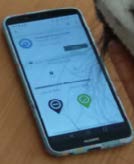
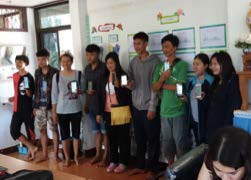
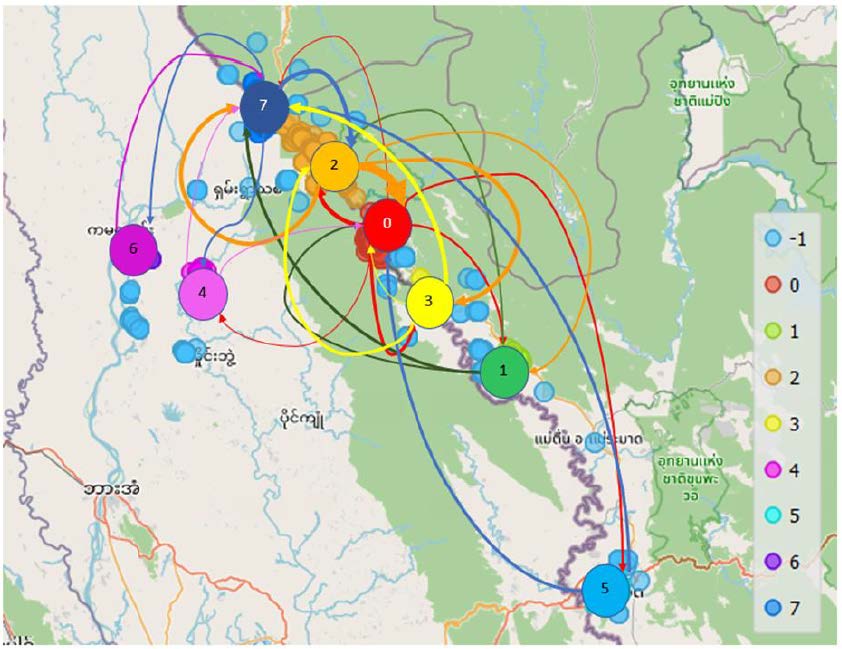
Smartphone app tracked 400 participants in Tak province hourly for one year
Conducted initial analysis of the data, including relation to COVID
Ongoing & Future Work
- Individual Risk = Mobility + Spatial Risk
- Routes of transmission, including imported cases
- Software toolbox to support analysis and modeling
- Agent-based simulation to evaluate control strategies
Collaborative Decision Support Dashboard
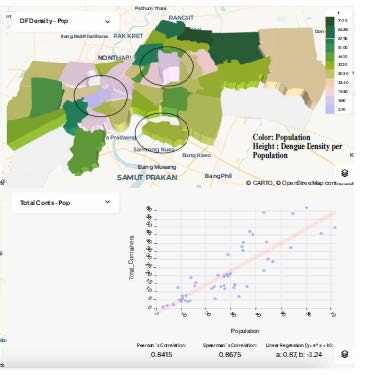
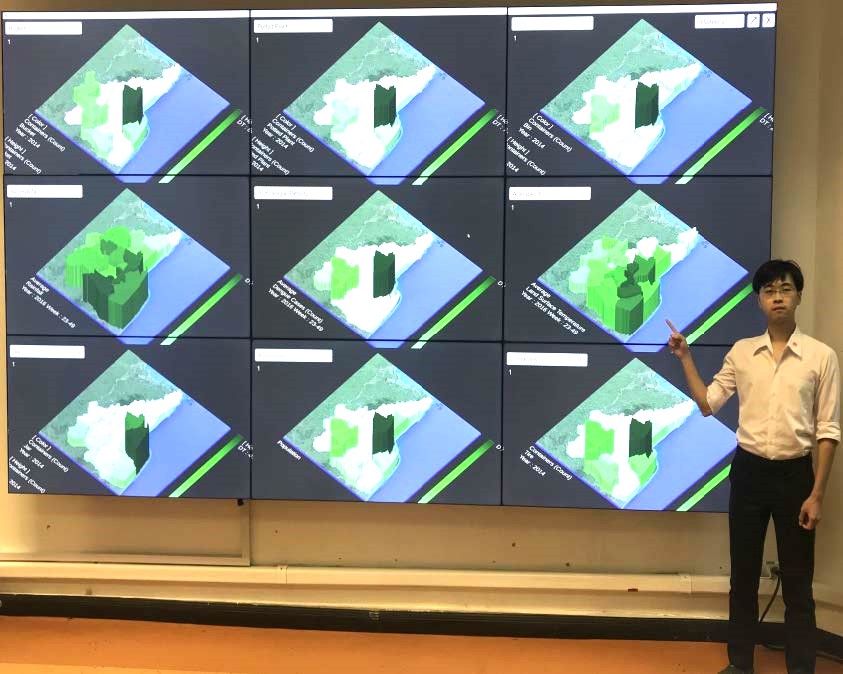
Collaborative Decision Support Dashboard
Support distributed teams in exploration and
analysis of disease data
Platform supports real-time collaboration with 3D choropleth maps and scatter plots
Ongoing & Future Work
- Integrate more analytical tools and machine learning algorithms
Dengue Diagnostic and Prognostic Decision Support
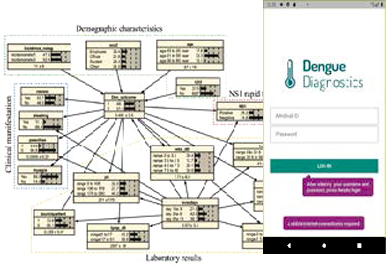
Dengue diagnostic decision support
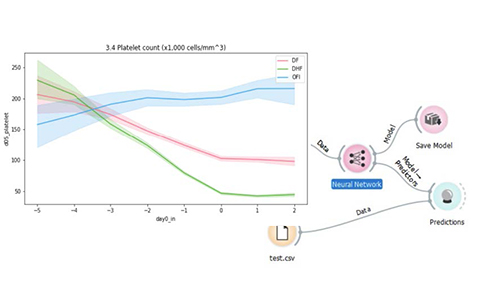
Dengue diagnostic decision support
Models: Dengue diagnosis, DHF prediction, Day zero prediction
Ongoing & Future Work
- Develop DHF and Day zero models that can work with partial data
- Integrate into application software
- Evaluate in the Hospital for Tropical Diseases
Partners
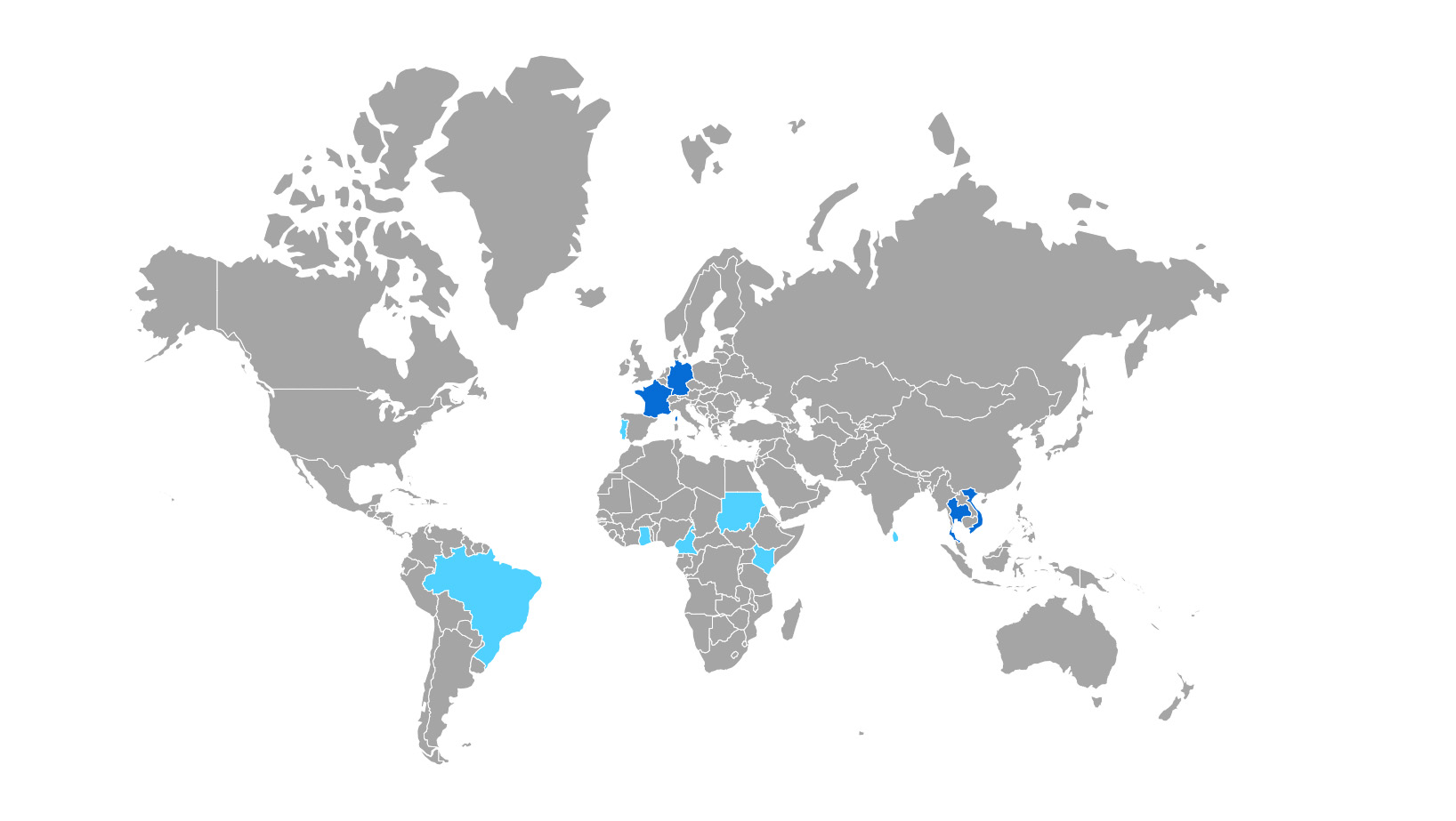
Founding partners

University of Bremen, Germany
Institute for Sustainable Communication Networks
Contact: Prof. Dr. Anna Förster
https://www.comnets.uni-bremen.de

University of Bremen, Germany
Institute of Computer Graphics and Virtual Reality
Contact: Prof. Dr. Gabriel Zachmann
https://cgvr.cs.uni-bremen.de
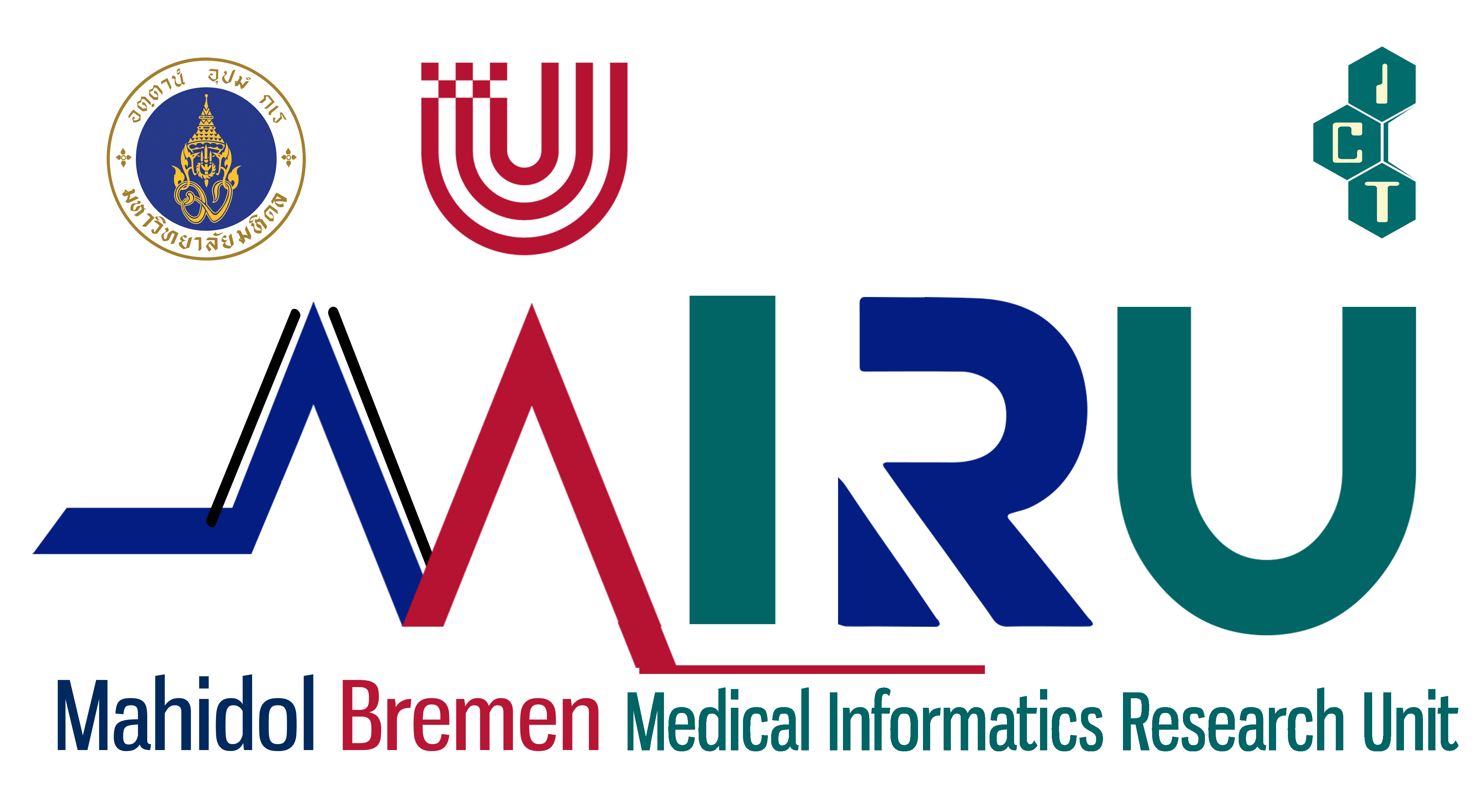
Mahidol University, Thailand
Mahidol Bremen Medical Informatics Research Unit (MIRU)
Contact: Prof. Dr. Peter Haddawy
https://miru.ict.mahidol.ac.th/

Faculty of Tropical Medicine, Mahidol University
Department of Tropical Hygiene,
Center of Excellence for Biomedical and Public Health Informatics (BIOPHICS)
Contact: Assoc. Prof. Saranath Lawpoolsri Niyom
https://www.biophics.org/
Partners

Moi University, Kenya
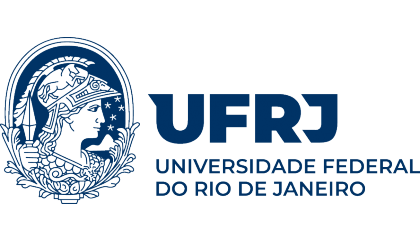
Federal University of Rio de Janeiro
Signals, Multimedia and Telecommunications Lab
Contact: Dr. Sergio L. Netto
http://www.smt.ufrj.br/~sergioln

University of Mahidol, Thailand
Biomedical and Health Informatics, Faculty of Tropical Medicine
Contact: Assoc. Prof. Saranath Lawpoolsri Niyom
https://mu-informatics.org/


